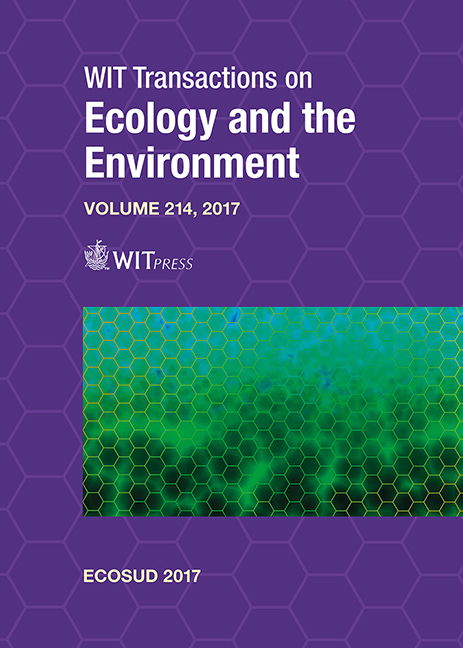SCIENCE-BASED BUDGETING FOR NATIONAL FIRE PROGRAMS
Price
Free (open access)
Transaction
Volume
214
Pages
7
Page Range
107 - 113
Published
2017
Size
1,023 kb
Paper DOI
10.2495/ECO170111
Copyright
WIT Press
Author(s)
YU WEI, DOUGLAS B. RIDEOUT, ANDY G. KIRSCH, NICOLE KERNOHAN
Abstract
Wildland fire is an important natural disturbance that plays a key role in influencing the forest ecosystem conditions across the western US. Large and detrimental wildland fires can cause a threat to communities, infrastructures, timber production, recreation opportunities, wildlife habitat and sustainable ecosystem development efforts. Fuel treatment and wildland fire preparedness are two important strategic wildland fire planning programs for the US National Park Service (NPS). The goal of the programs is to mitigate the detrimental effects of wildland fires while promoting their beneficial effects in maintaining and restoring ecosystem conditions. NPS fire planners are tasked with efficiently allocating these fire program budgets to each of the parks. To help inform these decisions a set of production functions were applied to park specific data to describe the return on investments (ROI) at each park for the fuel treatment and preparedness programs. For each park, we calculated the first-order gradients of ROI at pre-selected investment combinations to quantify the marginal returns of investment (MROI) from both management programs. Budget allocation decisions were made by comparing MROI from both programs for all parks in a region. We iteratively allocated funding to each park and fire management programs. Climate change is a major uncertainty in wildland fire management as it may lead to longer and more severe fire seasons. We varied the ROI surfaces and ran additional simulations to study how more severe fire conditions may influence the regional budget allocation decisions. Analysing these results helps managers to identify alternative budget allocation strategies while promoting sustainable development.
Keywords
translog, production function, gradient method, fuel treatment, preparedness, climate change





